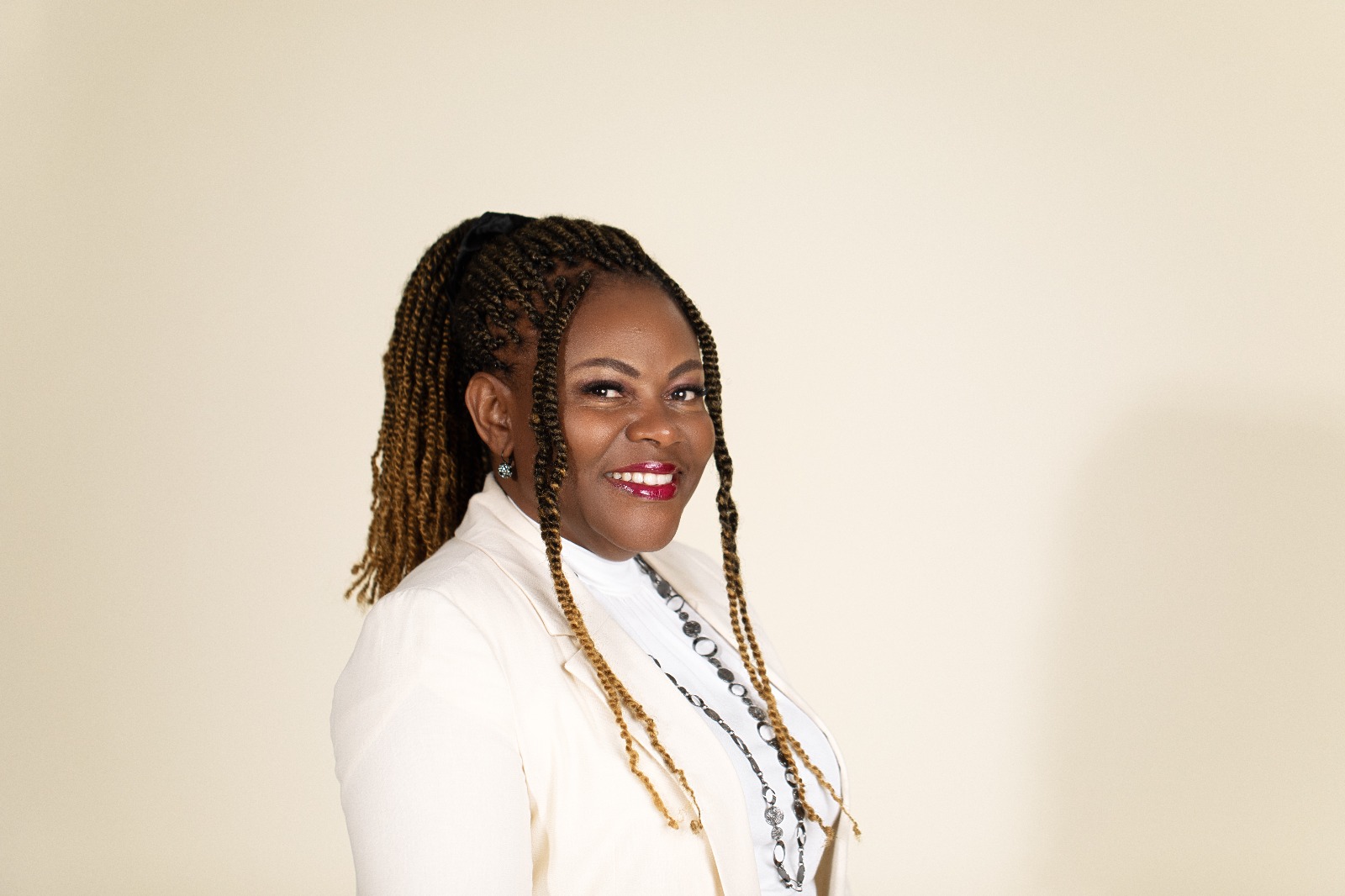From Personal Experience to Purpose: The Story Behind Between Cultures

Meet Our Founder
Amaka Amadike is the founder and Executive Director of Between Cultures Foundation. She has lived and worked in four different countries across three continents.
Her journey into advocacy for culturally inclusive childcare began in 1999 while living in Ireland with her young family. At the time, Amaka was pursuing post-secondary studies and balancing motherhood. One afternoon, after finishing class, she arrived at the childcare centre to pick up her toddler son. She found him strapped into a highchair with yogurt smeared across his face.
As she waited for the educator to clean him up, a staff member approached with a comment that would leave a lasting mark. The educator remarked that they were struggling to communicate with her son because, in her words, "he doesn't understand English."
Amaka and her husband had made the intentional decision to speak their native language, Igbo, at home to their child. They wanted their children to remain connected to their cultural roots while growing up in a different country. Like many children growing up bilingual, their son was navigating both English and Igbo at once.
The Moment That Changed Everything
What concerned Amaka most was that this educator—someone who should have understood child development and the importance of home language—seemed unaware of the value of linguistic and cultural identity in a young child's life. The comment raised serious concerns for Amaka.
"How was her son's sense of belonging being nurtured? Was he truly seen and supported in that environment?"
She explained her family's intention and the importance of their children understanding and speaking their language and left the centre with a heavy heart. Though she completed her program in Ireland, the memory of that moment lingered.
From Experience to Action
Years later, after relocating to Calgary, Canada, Amaka started a day home so she could stay close to her children while earning an income. As she re-entered the early childhood education sector, she began to witness patterns—subtle and overt—that reminded her of her earlier experience.
Immigrant children, she noticed, were still being misunderstood, mislabelled, or treated as "less than" in spaces meant to nurture their growth. Her career progressed from frontline educator to leadership roles, but her mission never changed: to ensure that every child—regardless of their skin colour or cultural background—has their culture valued, respected, and reflected in their learning environment.
Amaka's commitment deepened when she began teaching Indigenous Early Childhood Education. Immersing herself in teachings like the Medicine Wheel reaffirmed her belief that a child's holistic development must include cultural and spiritual identity.
Throughout her teaching journey at various post-secondary institutions, Amaka listened to story after story from her immigrant students about the discrimination their children faced in Alberta's childcare system. These recurring experiences stirred something in her. She knew it was time to take action.
"This led to the founding of Between Cultures—a bold step toward advocating for culturally safe, respectful, and inclusive early learning spaces."
To empower immigrant and racialized children in childcare by bridging cultural understanding between their heritage and Western practices. We collaborate with caregivers, educators, and communities to create inclusive early learning environments that celebrate and reflect diverse cultural identities, ensuring every child feels seen, valued, and supported.
A society where all children, regardless of cultural background, thrive in early learning spaces that honor their heritage, foster mutual understanding, and embrace the rich tapestry of global traditions through culturally responsive care and education.
A Movement Born from Purpose
What began as a painful experience in Ireland has now become a powerful movement in Alberta. For Amaka, this is more than work—it is a life's mission to ensure that every child is seen, heard, and embraced for who they are, including the culture they come from.
